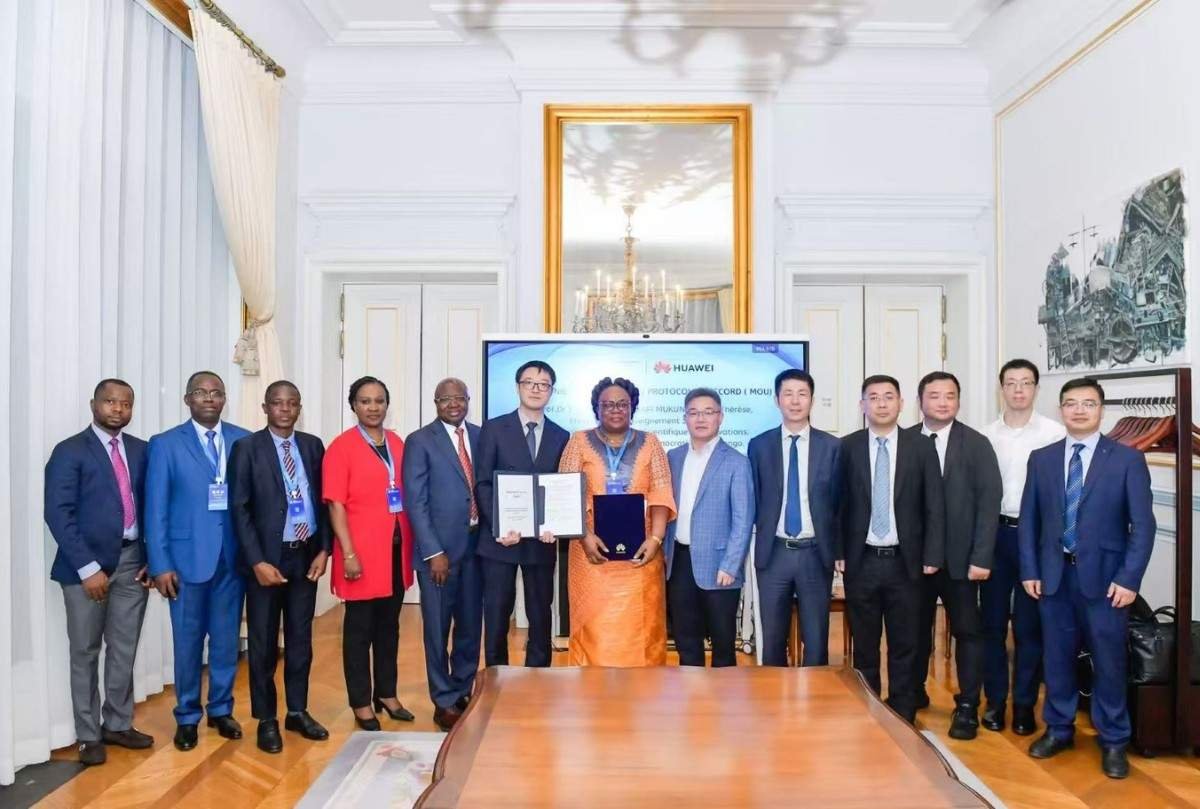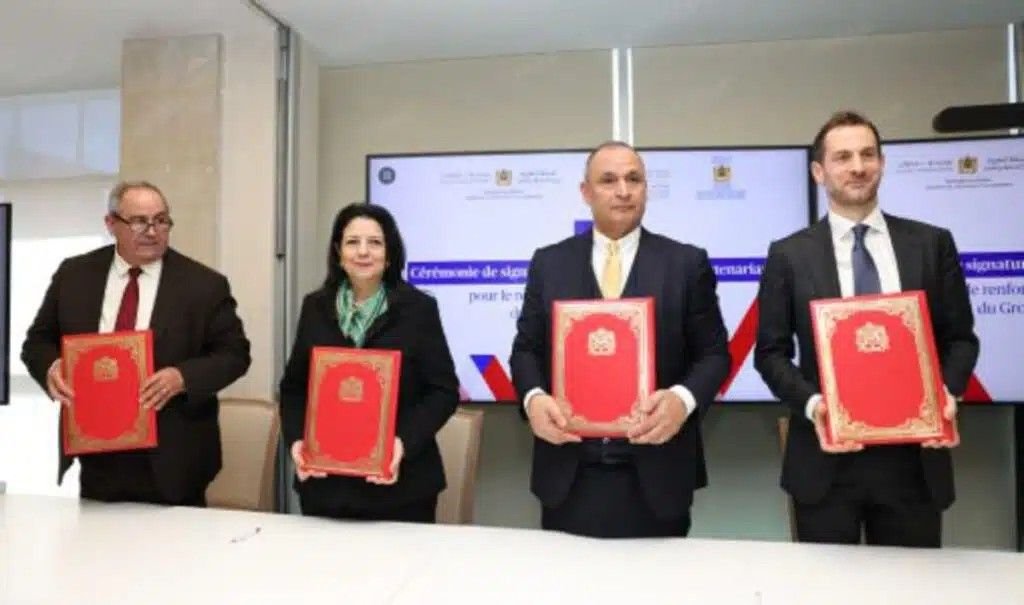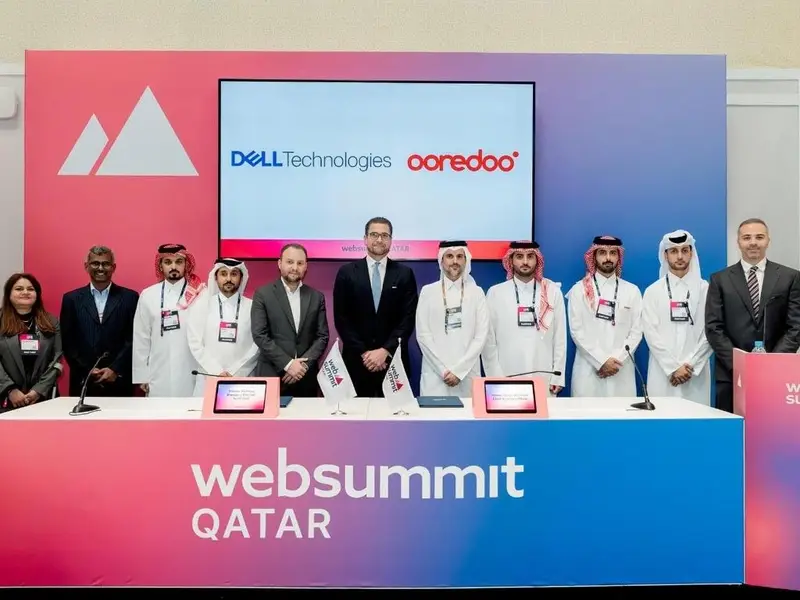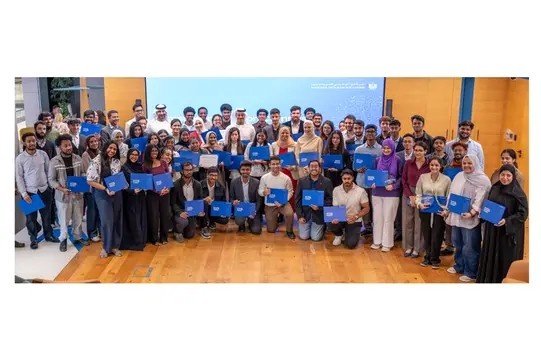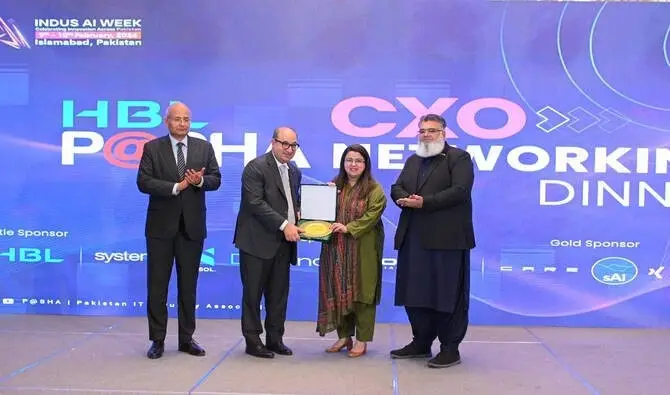Beijing – The Global Smart Education Conference 2025 was held in Beijing from August 18–20, bringing together participants from over 30 African countries including Egypt, Algeria, Senegal, the Democratic Republic of the Congo (DRC), and Cameroon. Attendees included senior education ministry officials, representatives, and university partners.
As part of the event, Huawei hosted the inaugural African Inclusive Education Forum and signed multiple MoUs and Letters of Intent with African nations to advance inclusive education through digital and intelligent technologies. The agreements focus on developing joint ecosystems, building digital infrastructure, and fostering ICT talent.
Huawei executives emphasized the potential of digital-intelligent innovation to break geographical and resource barriers, ensuring equitable access to quality education. Ye Ziping, VP and Chief Digital Officer of Huawei Northern Africa, said the company is committed to co-developing tailored solutions that expand educational access across Africa. Peter Zhang, VP of Global Public Sector BU, highlighted ICT talent as the cornerstone of sustainable transformation, noting Huawei has already trained over one million students globally through 3,000+ ICT academies.
Partnerships with African Countries
- Democratic Republic of the Congo (DRC): Minister Prof. Dr SOMBO AYANNE SAFI MUKUNA Marie-Thérèse signed a Letter of Intent with Huawei to develop digital infrastructure for universities, smart classrooms, online learning platforms, and teacher training. Plans include creating a joint innovation lab to cultivate digital-era talent.
- Senegal: Minister of National Education Moustapha Mamba Guirassy signed an MoU with Sonatel and Huawei to enhance digital teaching equipment, educational infrastructure, and talent cultivation, accelerating Senegal’s education sector digitalization.
Huawei also showcased its end-to-end “device-pipe-cloud-intelligence” solutions, including smart classrooms, affordable cloud terminals, campus connectivity, and integrated cloud-intelligence platforms. These technologies aim to address resource shortages, promote educational equity, and accelerate digital-intelligent transformation in African education systems.
Professor Wu Yonghe of East China Normal University shared China’s progress in integrating AI into education nationwide, noting AI’s role in enhancing teaching and learning for millions. Liu Yue, Director of Inclusive Education at Huawei Northern Africa, further emphasized Huawei’s vision of achieving “universal access to quality education” by applying AI and cloud technologies to overcome barriers in African classrooms.
The conference also featured an AI digital teacher demo, highlighting AI’s role in personalized learning and resource-sharing. African officials and educators toured Huawei’s innovation showcases in Beijing, Shenzhen, and Dongguan, engaging in exchanges with Chinese counterparts on future cooperation.











